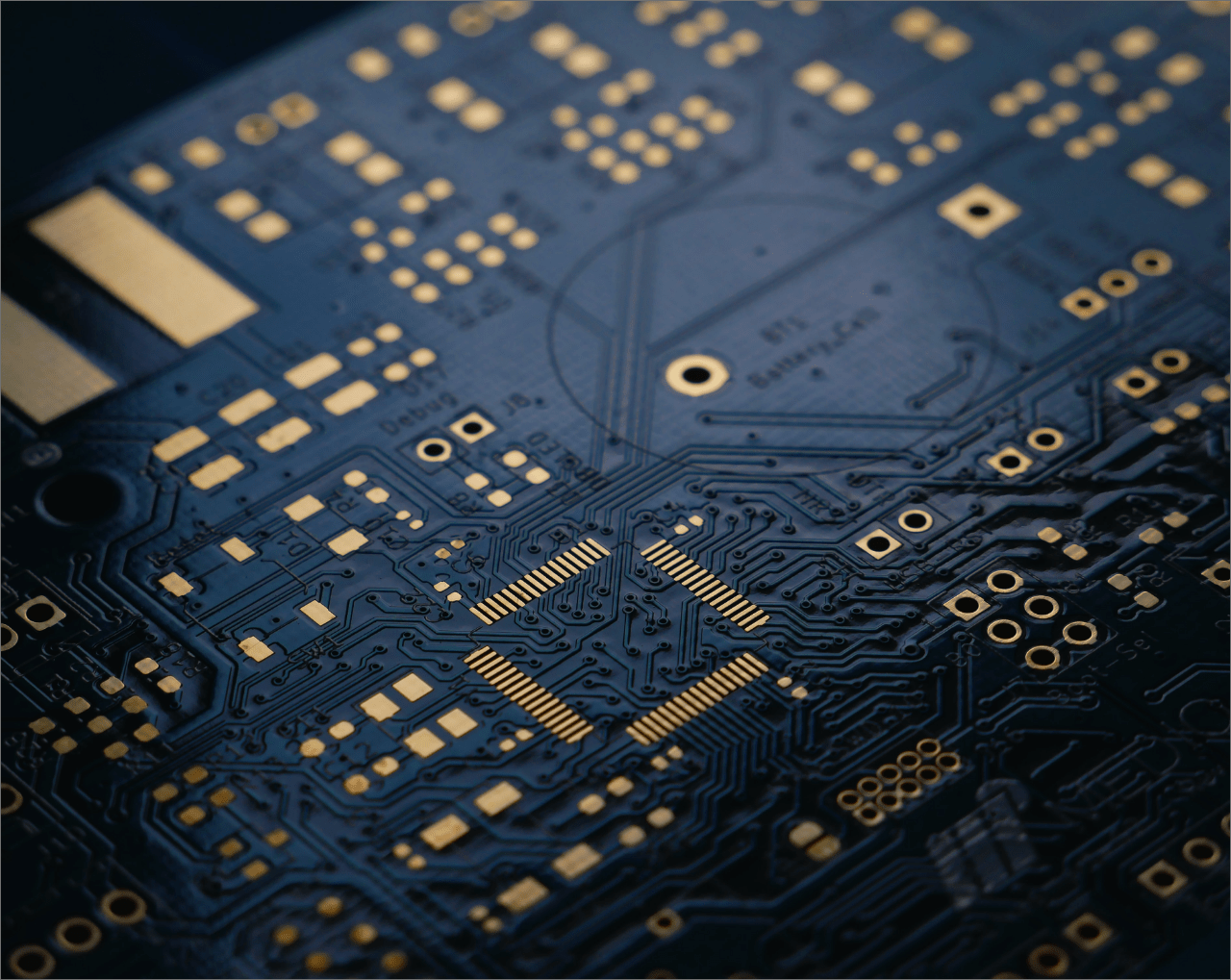10 Technology You Should Follow In 2023 And Beyond
The world of technology is always evolving, with new innovations and advancements coming to the forefront every year. 2023 and beyond are set to be no exception, with new technologies emerging that will shape the future of our world.
From advancements in Artificial Intelligence (AI) to the growth of quantum computing, the next few years are shaping up to be a period of great technological innovation.
In this blog post, we will take a look at 10 new technologies that you should follow in 2023 and beyond.
-
Artificial Intelligence (AI)
Artificial Intelligence is a field of computer science and engineering that focuses on creating machines that can perform tasks that typically require human intelligence, such as learning, problem-solving, decision-making, and understanding natural language. From machine learning to natural language processing, AI has the potential to revolutionize many industries, from healthcare to finance to transportation.
In the coming years, we can expect to see further advancements in machine learning, natural language processing, and computer vision.
Don't forget to follow artificial intelligence companies such as OpenAI, DeepMind and IBM Watson.
-
Augmented Reality (AR)
AR is a technology that superimposes digital information onto the real world, creating an immersive experience for the user. This can be done through a smartphone, tablet, or headset.
In the coming years, we can expect to see AR technology integrated into a range of products and services, from retail and advertising to education and healthcare.
Follow companies like Magic Leap, Microsoft, and Apple for the latest developments in AR.
-
Blockchain
Blockchain is a decentralized digital ledger technology that allows for secure and transparent transactions without the need for intermediaries. This technology has the potential to revolutionize many industries, including finance, supply chain management, and healthcare.
Follow blockchain companies like Coinbase, Ripple, and Chain.
-
Internet of Things (IoT)
IoT involves connecting everyday devices to the internet, allowing them to communicate and share data. In the coming years, we can expect to see more devices connected to the IoT, from smart homes to smart cities to smart cars.
Keep an eye on IoT companies like Nest, SmartThings, and Siemens.
-
Quantum Computing
Quantum computing is a technology that uses quantum-mechanical phenomena to perform calculations. This technology has the potential to solve complex problems that are beyond the capabilities of traditional computers.
Unlike classical computers that use bits to process information, quantum computers use quantum bits, or qubits. Qubits can exist in multiple states simultaneously, which allows quantum computers to perform calculations at a speed that is orders of magnitude faster than classical computers.
Follow quantum computing companies like IBM, Microsoft, and Google.
-
Biotechnology
Biotechnology involves the use of living organisms to develop products and services. In the coming years, we can expect to see breakthroughs in areas like gene editing, personalized medicine, and biofuels.
Follow biotech companies like Moderna, Intellia Therapeutics, and Novartis.
-
Edge Computing
Edge computing involves processing data closer to the source rather than sending it to a centralized data center. This technology has the potential to improve efficiency, reduce latency, and increase security.
Follow edge computing companies like Cisco, Intel, and Dell.
-
Robotics
Robotics involves the use of machines to perform tasks that were previously only possible for humans. In the coming years, we can expect to see more advancements in robotics, from manufacturing to healthcare to space exploration.
Follow robotics companies like Boston Dynamics, iRobot, and ABB.
-
Nanotechnology
Nanotechnology involves the manipulation of matter at the atomic and molecular level. This technology has the potential to create new materials, improve energy efficiency, and revolutionize medicine.
Follow nanotech companies like Nanosys, Nanostart, and Nanosurf.
-
5G Networks
5G is the next generation of cellular network technology, offering faster download and upload speeds, reduced latency, and increased capacity. 5G networks offer much faster download and upload speeds than 4G networks. They also have the potential to enable new applications like self-driving cars and remote surgeries.
In the coming years, we can expect to see more devices and applications that take advantage of 5G networks.
Follow 5G companies like Verizon, AT&T, and T-Mobile.
In conclusion, 2023 and beyond are shaping up to be an exciting time for technology. From AI to autonomous vehicles, there are a number of new technologies that have the potential to change the world as we know it. By keeping an eye on these emerging trends, we can stay informed and be better prepared.

